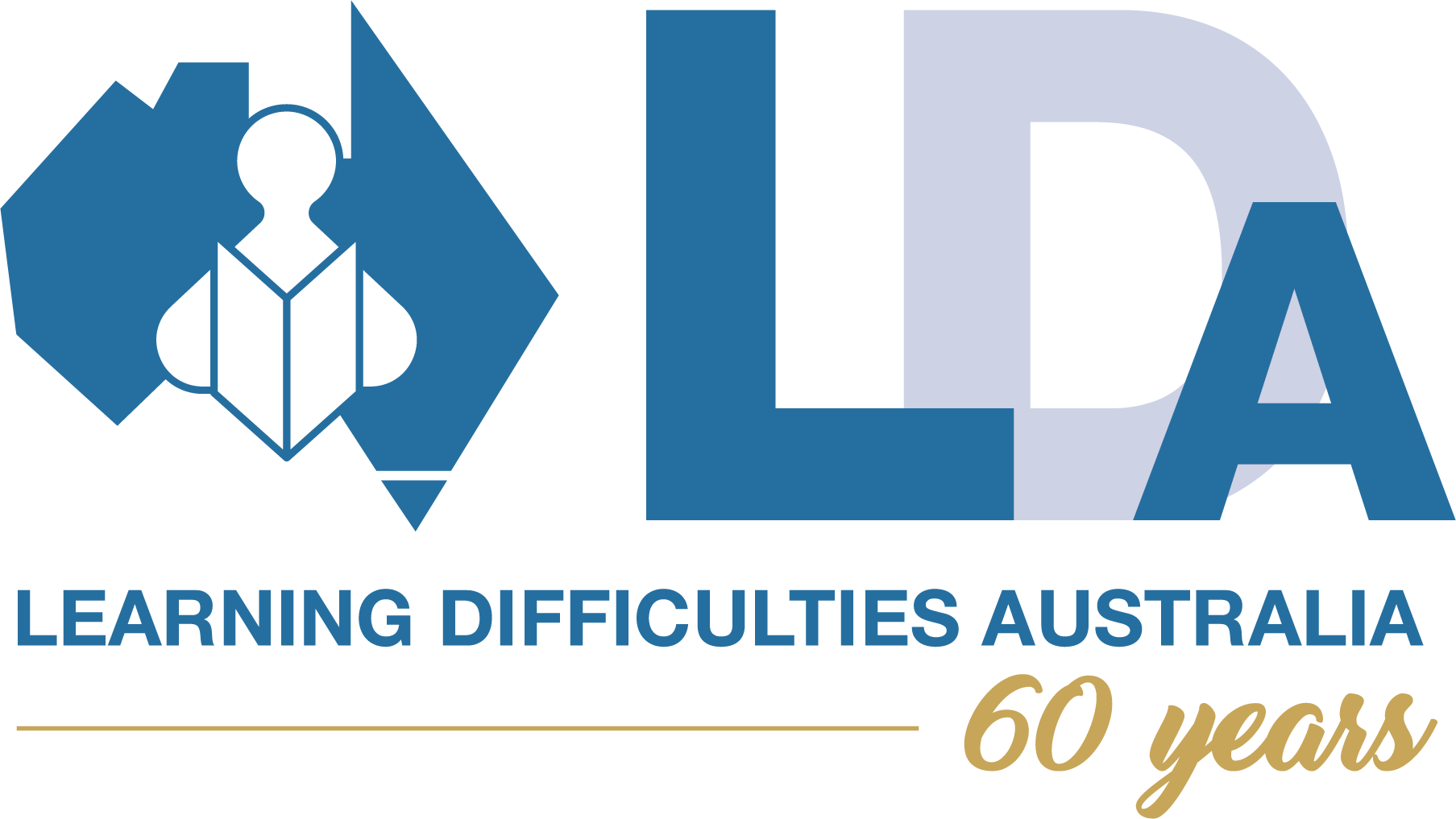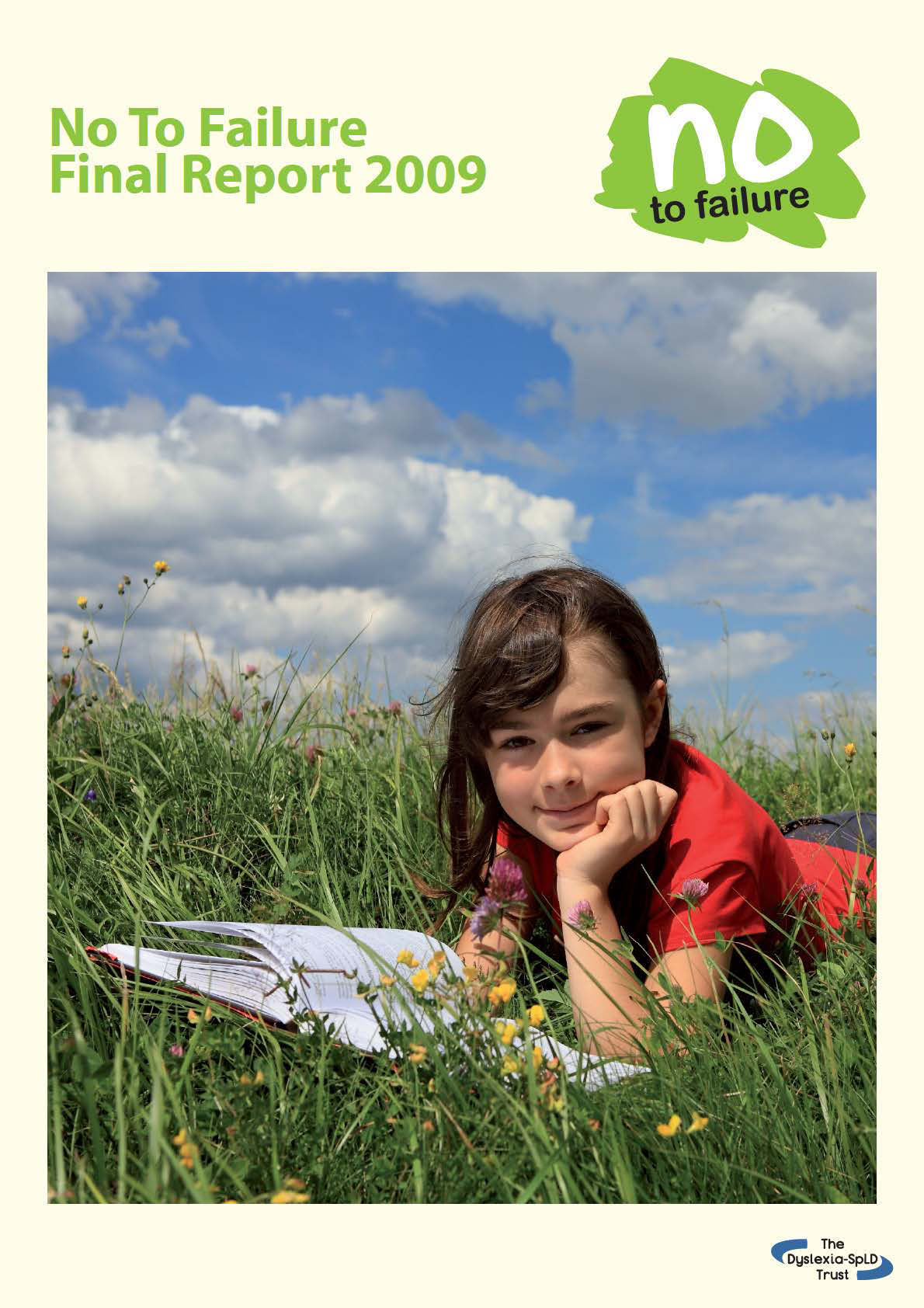Children with dyslexia often have related writing difficulties. In the simple view of writing model, high-quality writing depends on...
Children with dyslexia often have related writing difficulties. In the simple view of writing model, high-quality writing depends on good transcription skills, working memory, and executive function-all of which can be difficult for children with dyslexia and result in...
Children with dyslexia often have related writing difficulties. In the simple view of writing model, high-quality writing depends on good transcription skills, working memory, and executive function-all of which can be difficult for children with dyslexia and result in poor spelling and low overall writing quality. In this article, we describe the challenges of children with dyslexia in terms of the simple view of writing and instructional strategies to increase spelling and overall writing quality in children with dyslexia.
Method: For spelling strategies, we conducted systematic searches across 2 databases for studies examining the effectiveness of spelling interventions for students with dyslexia as well as including studies from 2 meta-analyses. To locate other instructional practices to increase writing quality (e.g., handwriting and executive function), we examined recent meta-analyses of writing and supplemented that by conducting forward searches.
Results: Through the search, we found evidence of effective remedial and compensatory intervention strategies in spelling, transcription, executive function, and working memory. Some strategies included spelling using sound-spellings and morphemes and overall quality using text structure, sentence combining, and self-regulated strategy development.
Conclusions: Many students with dyslexia experience writing difficulty in multiple areas. However, their writing (and even reading) skills can improve with the instructional strategies identified in this article. We describe instructional procedures and provide links to resources throughout the article.

